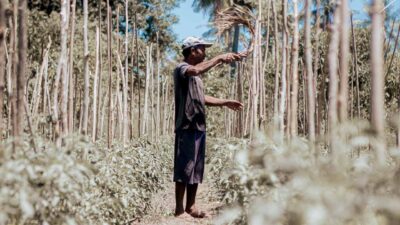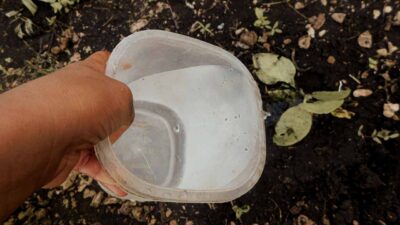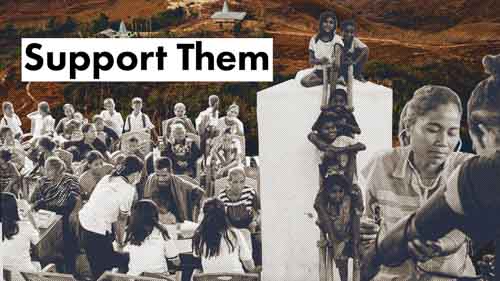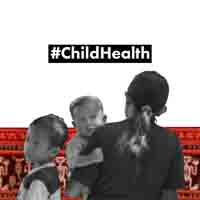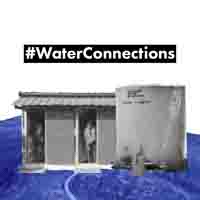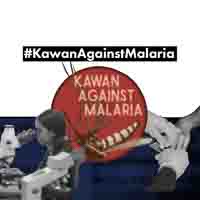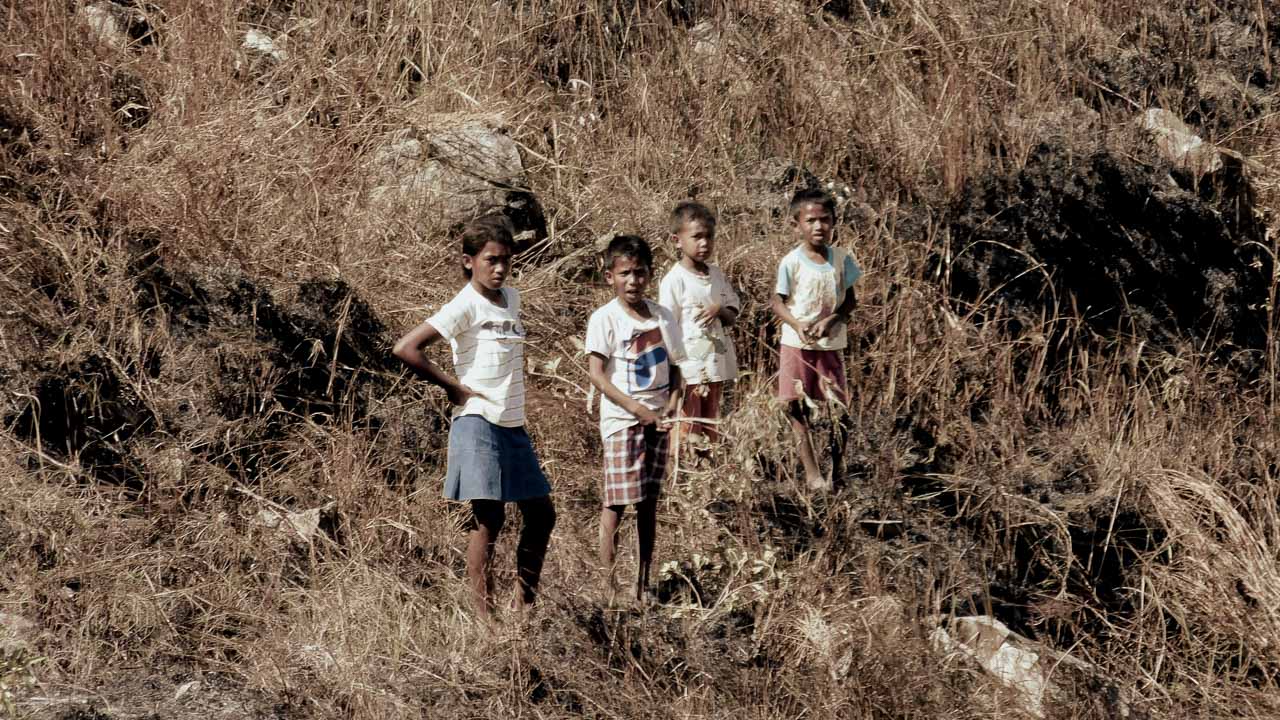How Climate Change and Drought Endanger Farmers and Threaten Food Security
Sustainable Solutions to Help Rural Communities Survive the Climate Crisis
Agriculture at Risk: How Climate Change and Drought Are Impacting Farmers’ Ability to Farm and Provide for Their Families
In the southeastern regions of Indonesia, rural farming communities are facing a critical challenge. Erratic climate change, prolonged droughts, and rising temperatures have disrupted traditional farming practices, making it harder for farmers to grow essential crops like rice, corn, and vegetables. As water supplies dwindle and soil fertility declines, families who rely on agriculture for food and livelihoods are reaching breaking point.
The profound effects on nutrition, economy, and health
Severe droughts have dramatically reduced agricultural production, leading to food shortages and malnutrition, particularly affecting children. With reduced harvests, families are unable to ensure adequate nutritious food, leading to increased cases of stunting, anaemia and weakened immune systems. Malnourished children struggle to concentrate in school, perpetuating cycles of poverty and poor health.
Economically, the crisis is worsening financial instability. When farmers can no longer cultivate their land, they lose their main source of income. In addition, livestock, another vital asset, is affected by water shortages and deteriorating rangeland conditions, forcing families to sell their animals at undervalued prices to survive. Local markets are facing reduced food supplies, driving up prices and making it even harder for the poorest families to afford daily meals. We are seeing this more and more here in East Sumba.
From a health perspective, lack of clean water and adequate nutrition increases vulnerability to infectious diseases such as diarrhea, dengue fever, and skin infections. In areas where water is heavily rationed, poor hygiene practices become inevitable, further deteriorating the health conditions of communities.
Solutions and Impact: Fair Future and Kawan Baik
Despite these challenges, Fair Future and the Kawan Baik Foundation persist in implementing sustainable solutions. The Water Connections initiative serves as a critical support system by ensuring communities have access to clean, renewable water sources. By constructing wells, reservoirs, and solar-powered pumping systems, this program not only improves water security but also facilitates efficient irrigation of farmers’ gardens and crops, helping to mitigate the impact of prolonged droughts.
In addition, our health and prevention campaigns are crucial. Posters focusing on nutrition, hygiene and disease prevention provide communities with essential knowledge about balanced diets, waste management and the importance of clean water. These efforts have enabled families to make more informed decisions about food consumption and hygiene practices, which has a positive impact on their well-being.
Charting the future: Improving resilience and sustainability
These programs must continue; they are essential. The survival of these farming communities depends on long-term sustainable solutions. Strengthening water infrastructure, encouraging climate-resilient agricultural practices and expanding nutrition education are critical steps. Giving families the tools to adapt allows them to farm their land, raise livestock efficiently and ensure a future where their livelihoods are not at the mercy of climate change. 2024 was the hottest year on record, worsening the water crisis and health risks in remote villages in Indonesia.
As Fair Future and Kawan Baik move forward, our commitment remains constant: to empower farmers, protect their livelihoods, and ensure every family is supported in the face of an unpredictable climate. This effort goes beyond mere survival: it encompasses dignity, resilience, and the right to flourish.
To conclude this article that I enjoyed writing, I would like to say this: “-Malnutrition and water scarcity are silent killers in rural communities. Without urgent action, entire generations will suffer the health consequences of climate change.”
Thank you for reading us. Today, February, the 21st, 2025 – Alex Wettstein
List of Related Organizations with Hyperlinks
- FAO – Works globally to combat hunger through sustainable agriculture.
- World Resources Institute – Provides research on climate and water scarcity.
- Water.org – Focuses on providing access to clean water and sanitation.
- Action Against Hunger – Tackles food insecurity in climate-affected areas.
- Global Alliance for Climate-Smart Agriculture – Promotes resilient farming practices.
- Last Mile Health – Delivers healthcare to remote communities impacted by climate challenges.
- International Water Management Institute – Researches sustainable water use in agriculture.
- Rotary International – Supports clean water and sustainable farming initiatives.



